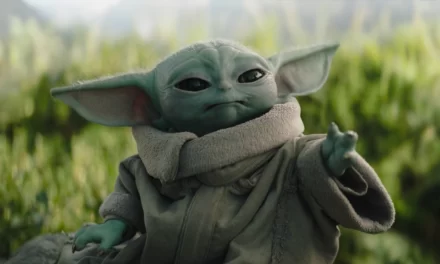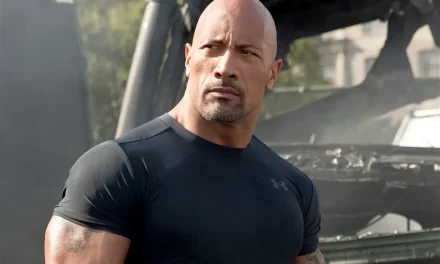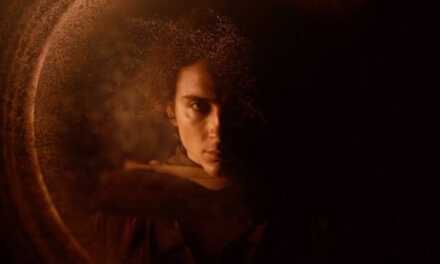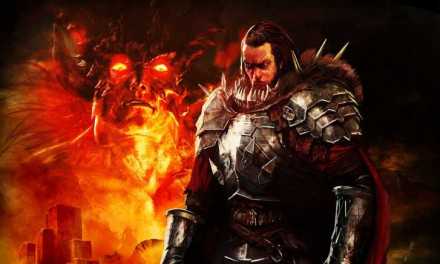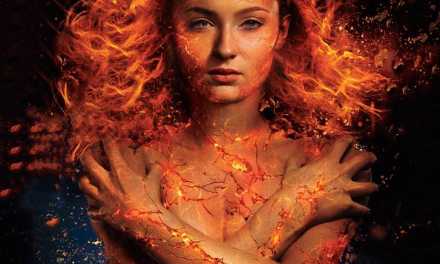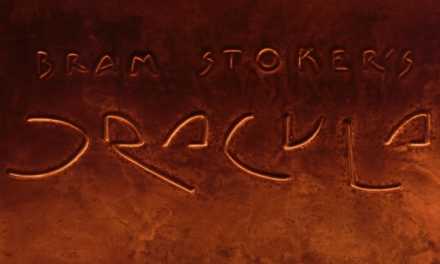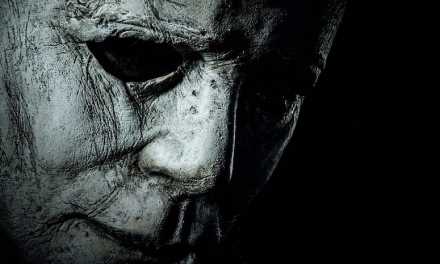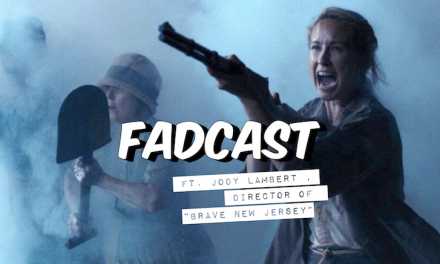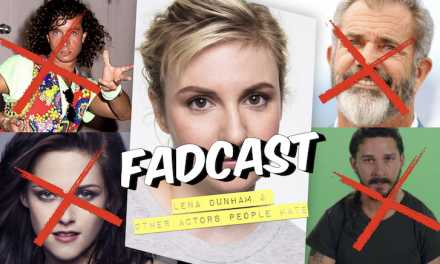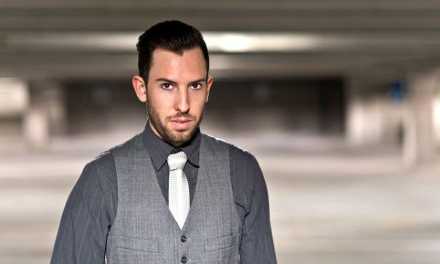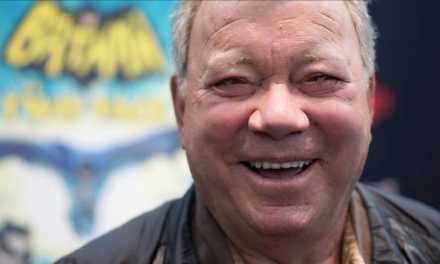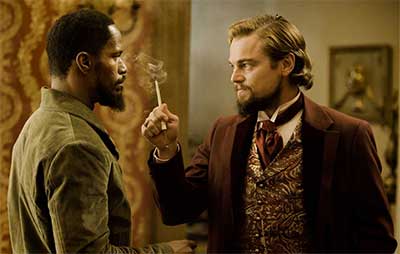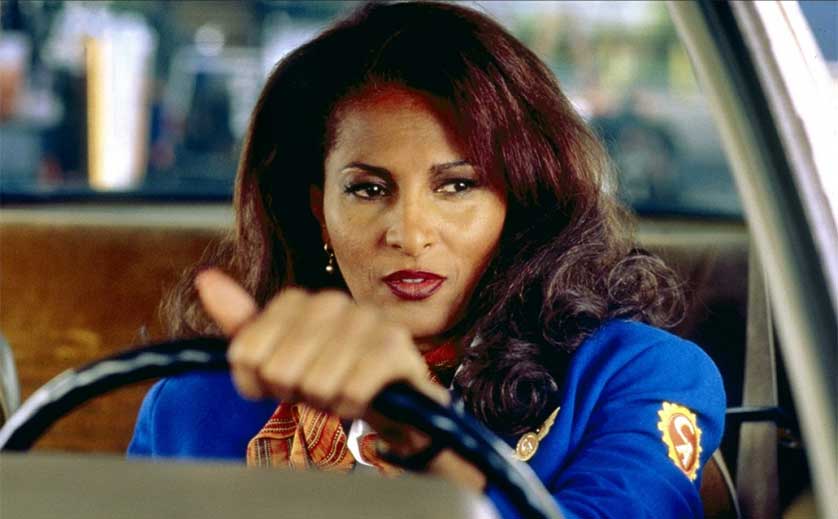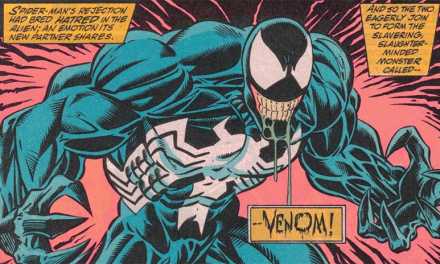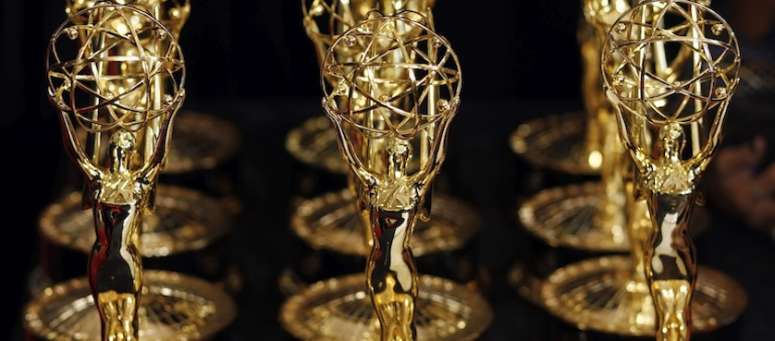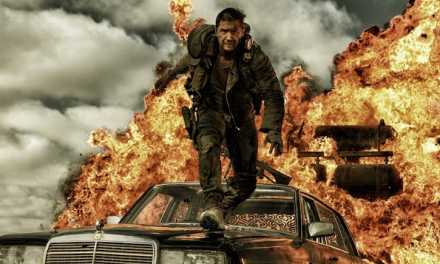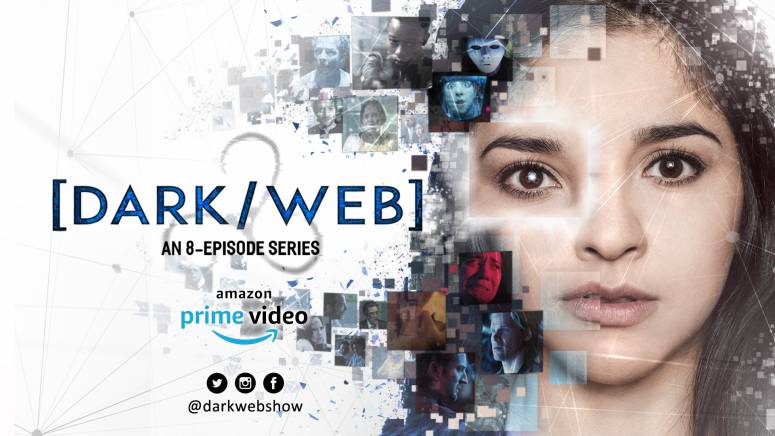
So Just How Racist is Quentin Tarantino?

While promoting his soon to be released post-Civil War western The Hateful 8 Quentin Tarantino spoke with The New York Times Style Magazine. In the interview Quentin Tarantino defended his use of the N-Word in recent films.
“When the black critics came out with savage think pieces about “Django,” I couldn’t have cared less. If people don’t like my movies, they don’t like my movies, and if they don’t get it, it doesn’t matter. The bad taste that was left in my mouth had to do with this: It’s been a long time since the subject of a writer’s skin was mentioned as often as mine. You wouldn’t think the color of a writer’s skin should have any effect on the words themselves. In a lot of the more ugly pieces my motives were really brought to bear in the most negative way. It’s like I’m some supervillain coming up with this stuff.”
He has been vilified for what some deem as overuse of the term. So is Tarantino a racist because of the way he uses certain language in his film? Such a sensational question but that is what is really being asked when questioning his use of the N-word. Rather than beat around the bush let’s just get right into it. Let’s be real.
Quentin Jerome Tarantino burst onto the Hollywood scene with a style all his own back in 1992 as a first-time writer-director with the critically acclaimed hit “Reservoir Dogs” at the Sundance Film Festival. Since then his movies have gone on to hold a unique place in cinema. With his telltale grit and honesty he has spun many a story and they have all resonated in some way with the audience. However one note seems to be recurring with many of his features of late. The use of the N-word in many of his recent movies has struck a nerve with many critics and moviegoers. From “Pulp Fiction” to “Django Unchained” the use of the word has rubbed many the wrong way. So this begs the question, “is Tarantino racist, insensitive, a racial justice pioneer or some combination of all of these?”
Well first you have to examine the word usage and rationale behind it. It wouldn’t make sense to do a period piece in which all the tenants of racism would have been apparent yet leave out that nastiness for the sake of being politically correct. While it is an ugly history, it is part of the history. The duty of a filmmaker is to tell their story and be true to it. So with a film like “Django Unchained” there would be no escaping the use of the word. That was the era the film was set in, not to mention the subject matter directly deals with it. It actually heightens the emotional connection (or distance depending on perspective) that the audience has between the characters.
Now you take a movie like “Jackie Brown” which is a throwback to blaxplotation films of long ago and you may have more of an argument. Could the story be told without us of the N-Word? Yes. Would the story be injured by that? Quite possibly. BUT, does it add anything to the film that couldn’t be accomplished any other way. In my humble opinion it gives the characters credibility in this world. It makes them more real. Let’s face it, the word gets used and in urban settings it’s used more than not. So again while the word could have been omitted to adhere to a politically correct new standard, which American seems obsessed with, it serves its purpose in the film, which is to make the characters believable and authentic.
Tarantino said as much in an interview with Charlie Rose.
“As a writer, I demand the right to write any character in the world that I want to write. I demand the right to be them, I demand the right to think them and I demand the right to tell the truth as I see they are, alright? And to say that I can’t do that because I’m white, but the Hughes brothers can do that because they’re black, that is racist. That is the heart of racism, alright. And I do not accept that … That is how a segment of the black community that lives in Compton, lives in Inglewood, where ‘Jackie Brown’ takes place, that lives in Carson, that is how they talk. I’m telling the truth. It would not be questioned if I was black, and I resent the question because I’m white. I have the right to tell the truth. I do not have the right to lie.”
So if you look at the films where the word has been used there is a pattern. To me it seems the word is used as it fits within the context of the characters, setting, and time. But that is not the sole merit for which the questions should be framed. The content of the movies he creates is a far greater indicator of his feelings towards African Americans or any other race for that matter. I pose this question, “were any of the characters, caricatures, or shucking and jiving Mr. Bojangles architypes in his films? Or, did the films lessen the communities which they represented?” That, I feel, is a far greater disservice and mark of racism than using language that is reflective of the period and context in which it is used. I don’t feel that in Tarantino’s movies. In fact I think that he is quite thoughtful in his films. While “Django Unchained” (and “Inglorious Bastards” for that matter), can been deemed “revenge fantasy” they handle the racial subject matter in a way that does not seem exploitative in my opinion.
Ultimately the question is something the film-goer has to determine. I feel Tarantino being real with his language in film and realness is something that is severely lacking in this post politically correct world. Hiding truth is what lets injustice run rampant and grow. Now I wouldn’t go as far to say Tarantino is a champion of freedom or anything but I would call him an honest storyteller. Some of the stories he tells are set in worlds with hard truths. To tell them true you need harsh language.
Ugly language is a part of our history. If you want to tell stories truthfully, you have to face that. Tarantino does this and in today’s world, truth is scrutinized. It comes with the territory, which is why this question is one that keeps popping up. He continues to explore the ugly territory of our past. I don’t think that is such a problem.

